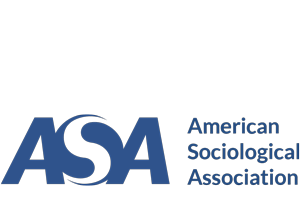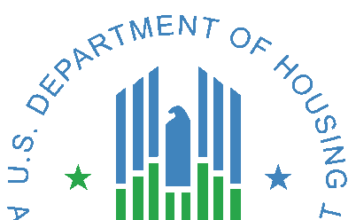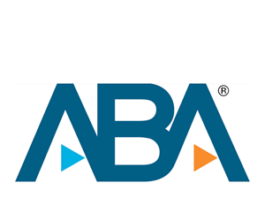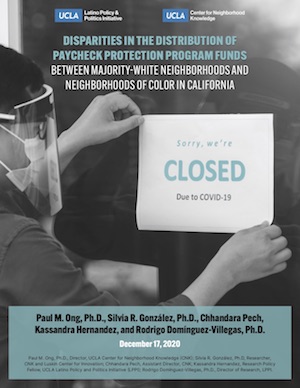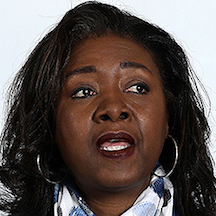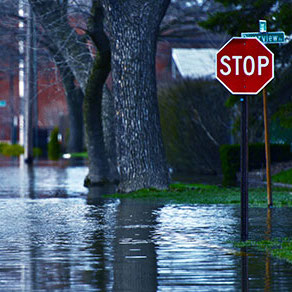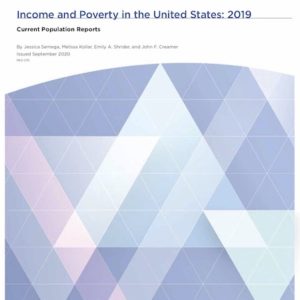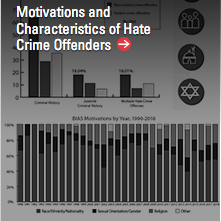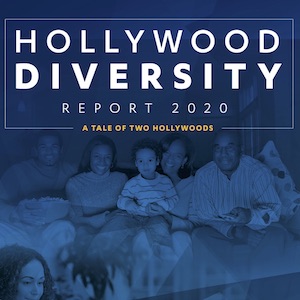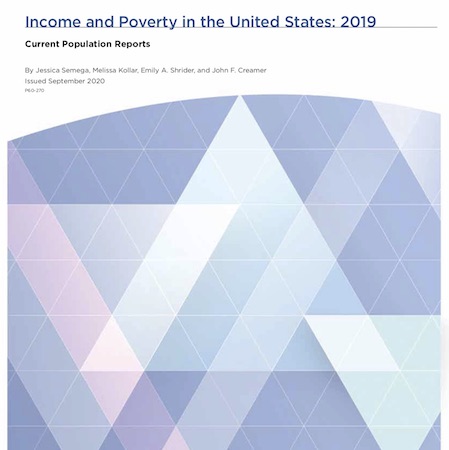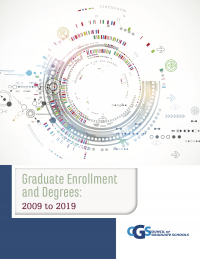College Athletic Powerhouses Making Progress in Racial Equity in Leadership Posts
Of the 130 colleges and universities that make up the Football Bowl Subdivision of Division 1 of the National Collegiate Athletic Association, nine have a Black or African American president or chancellor. This is up from five a year ago.
Fatalities From Work-Related Injuries Increasing for Black Americans
In 2019, 634 African Americans died as a result of work-related injuries. The number of African American fatalities has increased by 28 percent since 2015. This is more than double the increase for the population as a whole.
The Year in Review: Notable Research on African Americans in Higher Education in 2020
Over the course of 2020, JBHE has published a large number of posts highlighting research on African Americans in higher education. In case readers missed some of these posts, here are links to some of the items published over the past year.
Academic Disciplines Where African Americans Received Few or No Doctorates in 2019
In 2019 there were 2,512 African Americans who earned doctorates. They made up 7.1 percent of all doctorates awarded to U.S. citizens or permanent residents in the U.S. But there are many fields where Blacks earned only a tiny percentage of all doctorates. For example, African Americans earned only one percent of physics doctorates.
The Racial Gap in Attendance and Absenteeism in Public Schools
New data from the California Department of Education shows that prior to the pandemic Black students missed an average of 13.2 days of school each year. White students were absent, on average for 9.1 school days. For Black students, 52.7 percent of all absences were unexcused compared to 29.4 percent for White students.
The 21 Historically Black Universities That Awarded Doctoral Degrees in 2019
All told, 21 HBCUs awarded doctoral degrees in 2019. This is the same number of doctoral degree-granting institutions as five years ago in 2014. That year HBCUs awarded 448 doctoral degrees. In 2019, HBCUs gave out 437 doctorates.
Positive Identity Reinforcement at School Improves Black Students Academic Performance
A new longitudinal study by researchers at the University of Pittsburgh shows that African American youth who receive positive messages about their racial group in school achieved better school grades one to two years later.
UCLA Study Finds Stimulus Package Widened Racial Economic Inequality
The UCLA analysis of disparities in the distribution of Paycheck Protection Program Funds, when standardized on a per-resident basis, found that the federal loans supported 5.8 jobs per 100 residents in Black neighborhoods, compared with 8.1 per 100 residents in White communities.
African Americans Making Slow but Steady Progress in Doctoral Degree Awards
There were 2,512 African Americans who earned doctorates in 2019. They made up 7.1 percent of all doctorates awarded to U.S. citizens or permanent residents in the United States. Women made up 64.3 percent of all African Americans earning doctorates in 2019.
Graduation Rates of Students at State-Operated Historically Black Universities
A few of the nation's private historically Black colleges and universities have achieved progress in graduating their Black students. But at most of the nation's state-operated historically Black colleges and universities, the graduation rates remain very low.
UCLA Study Finds Persisting Racism Among the Millennial Generation
The researchers sent 4,000 responses to real “roommate wanted” ads posted by millennials. They used names that signaled the race of the room seekers. The results showed that White-sounding names received the most responses, while those that signaled Black roommates got fewer responses.
The Persisting Racial Gap in College Graduation Rates at Flagship State Universities
At 21 flagship state universities in states with large Black populations, 15 have a racial graduation rate gap of 10 or more percentage points. The widest gap is at the University of Mississippi. There the Black graduation rate of 42 percent is 23 percentage points below the rate for White students.
Racial Microaggressions May Be Pushing Black Students Out of STEM Disciplines
The study by researchers at the University of Illinois found when students of color in STEM majors felt excluded, invisible, or isolated on their college campus because of their race, sometimes combined with discouraging experiences in academic settings, they were less likely to continue in STEM.
The Impact of Education and Race on Tobacco Use by American Adults
In 2019, 20.7 percent of African American adults used tobacco products compared to 23.3 percent of non-Hispanic White adults. White adults were nearly seven times as likely as Black adults to use smokeless tobacco products.
Grading the Nation Top-Ranked Universities on Graduating Their Black Students
All of the 20 highest-ranked universities in the United States according to ratings by U.S. News & World Report have Black student graduation rates far higher than the national average of 48 percent. Harvard has the highest rate at 98 percent, followed by Yale and Princeton.
Latest Data on U.S. College Students Who Studied Abroad in Sub-Saharan Africa
Of all U.S. students studying abroad, 13,455, or 3.9 percent, attended universities in sub-Saharan Africa. Sub-Saharan African nations send 3.1 times as many students to American universities as America sends to sub-Saharan African universities.
Some Progress in Increasing Black Faculty in Accounting But There Is a Long Way...
The data shows that there are 211 Black faculty members teaching accounting at the nation's business schools. They make up just 3.2 percent of all faculty at these schools. Of the 211 Black faculty members, 107 are women and 104 are men.
The College Graduation Rates of African American Student Athletes
For Black student athletes who entered college in 2013 at NCAA Division I institutions, 59 percent earned their diplomas within six years. This is 11 percentage points higher than the rate for Black students as a whole at these institutions.
Students From Sub-Saharan African Nations at U.S. Colleges and Universities, 2019-20
In the 2019-20 academic year, there were 41,697 students from sub-Saharan Africa enrolled at colleges and universities in the United States. They made up 3.9 percent of the 1,075,496 foreign students at U.S. colleges and universities that year. The number of students from sub-Saharan Africa was up 3.5 percent from the prior year.
The Current Racial Digital Divide May Have Long-Lasting Repercussions
A new report from Deutsche Bank Securities finds that due to the current racial gap in personal computer ownership and broadband access "76 percent of Blacks and 62 percent of Hispanics could get shut out or be under-prepared for 86 percent of jobs in the United States by 2045."
The Nationwide Racial Gap in College Graduation Rates
The Black student college graduation rate of 48 percent was 22 percentage points lower than the rate for Whites and 31 percentage points below the rate for Asian Americans. The Black student graduation rate trailed the rates for Hispanics by 13 percentage points.
Study Finds That Racial Segregation in Public Schools in Virginia Is on the Rise
The report, by researchers at Virginia Commonwealth University and Pennsylvania State University, reveals that segregation among schools in the same division contributes to half or more of all multiracial school segregation in Virginia’s metropolitan regions.
Does the FBI’s Hate Crime Data Present A True Vision of Reality?
In 2019, there were 7,314 hate crime incidents reported to the FBI. More than 86 percent of all participating law enforcement agencies reported zero hate crimes in their jurisdictions. There were 245 reported hate crimes on college and university campuses in 2019.
Can Attending an HBCU Improve Your Chances for a Healthy Life?
A study led by researchers at Ohio State University found that African Americans who attended historically Black colleges or universities were at lower risk for health problems later in adulthood compared to African Americans who attended predominantly White institutions.
University of Alabama at Birmingham Study Finds Racial Geographic Differences in COVID Mortality
The study found the ratio of deaths among those who are infected with COVID-19, was similar between Black and White individuals. But due to existing racial health disparities, African Americans, particularly in the South and Midwest, were more likely to become infected.
Study Finds a Racial Disparity in Homeownership in Flood-Prone Areas
A new study from scholars at the University of Arizona and the University of Kentucky finds that Black and Hispanic people and people with low incomes are more likely to live in areas at high risk of flooding from natural disasters than White and Asian people.
Why Hospital Desegregation Did Little to Close the Black-White Infant Mortality Rate Gap
In 1966, the Johnson Administration decreed that hospitals that failed to desegregate in compliance with the Civil Rights Act would not be eligible to receive federal funding for Medicare patients. Most hospitals complied with the desegregation order but racial disparities in healthcare persisted.
The Racial Poverty Gap and Its Impact on Higher Education
The report shows that in 2019, 8,073,000 African Americans were living below the official poverty line in the United States. This was 18.8 percent of the entire Black population. Nearly 26.4 percent of all African Americans below the age of 18 were living in poverty.
University of Maryland Report Offers Data on Hate Crime Offenders
Hate crime offenders have varied motivations, background, demographic characteristics, criminal histories, and target selections. Attacks on African Americans have also reached more than 40 percent of violent and nonviolent hate crimes.
UCLA Study Finds Progress in Front – But Not Behind – the Camera in...
A new study by researchers at the University of California, Los Angeles finds that when it comes to racial diversity in television industry acting roles, the playing field continues to level for minorities, but there’s stubborn structural gridlock at the highest ranks and behind the camera.
For 50 Years, There Has Been No Progress in Closing The Black-White Median Income...
In 2019, the median Black household income was 59.7 percent of the median income of non-Hispanic White families. With only minor fluctuations, the racial gap in median income has remained virtually unchanged for more than a half-century.
The Stubborn Racial Gap in Scores on the SAT College Entrance Examination
Some 54 percent of all Black students in the high school Class of 2020 who took the SAT College Entrance Examination did not meet the minimum benchmark in either reading or mathematics. For Whites, the figure was 19 percent.
Indiana University Study Finds Racial Disparity in the Discipline of Police Officers
A group of six management professors at the Indiana University Kelley School of Business conducted research that shows that in three major U.S. cities, Black police officers were more frequently disciplined for misconduct than White officers, despite an essentially equal number of allegations being leveled.
A Snapshot of Pre-Pandemic Black Enrollments in U.S. Graduate Schools
In the fall of 2019, Blacks were more than 18 percent of total first-time enrollments in graduate programs in public administration but only 4.5 percent of first-time graduate enrollments in physical sciences and 5.8 percent in engineering.
The Nation Is Making No Progress in Closing the Racial Gap in Standardized Test...
The most striking statistic is that only 4 percent of all Black test takers were rated ready for college-level courses in all four areas of English, mathematics, science, and reading. Whites were more than six times as likely as Blacks to be prepared for college-level work in all four areas.
Study Finds Huge Gap in Financial Literacy Between Blacks and Whites
A new study from the Global Financial Literacy Excellence Center at the George Washington University School of Business and the TIAA Institute in New York finds that Blacks are less likely than Whites to have the knowledge and understanding that enable sound financial decision making and effective management of personal finances.
